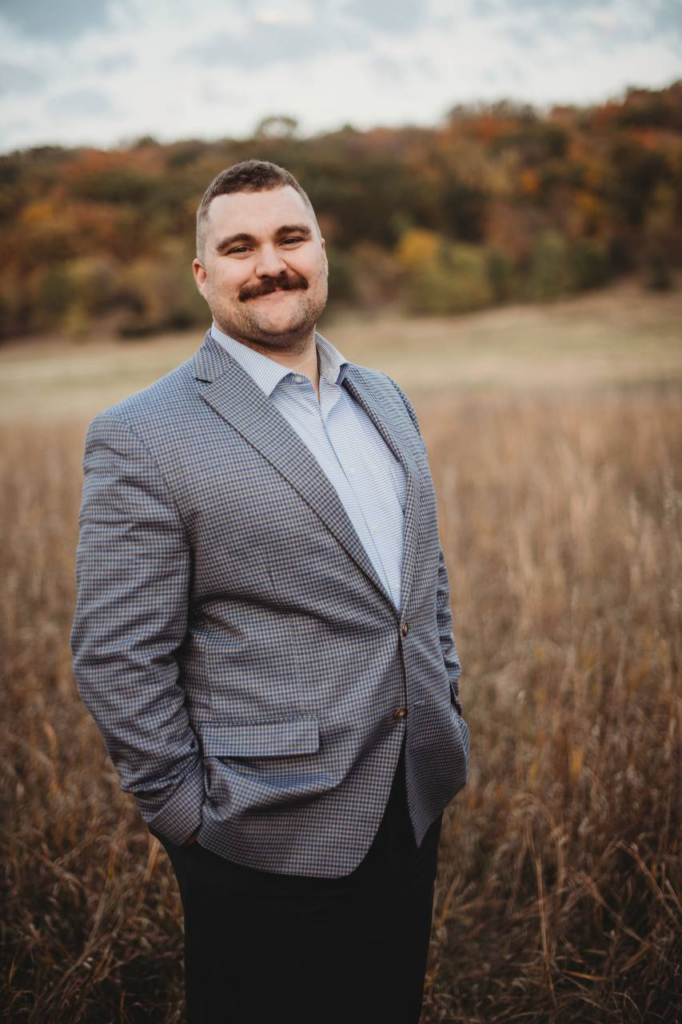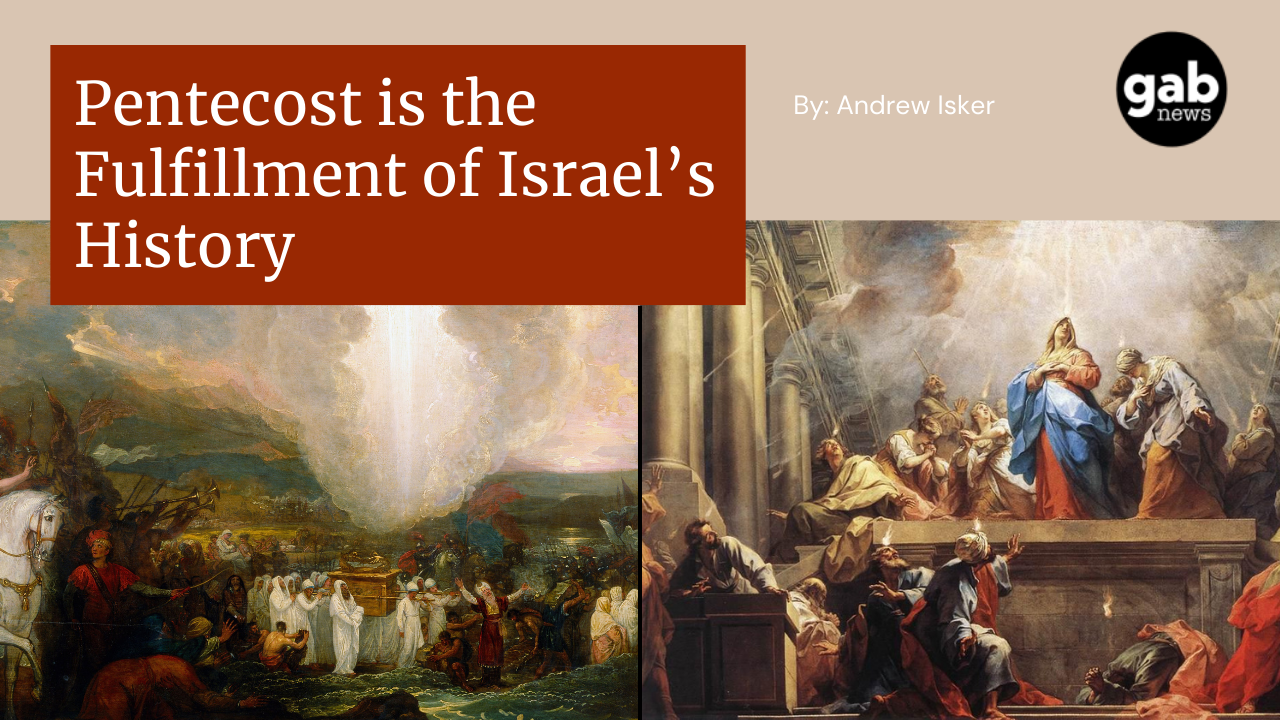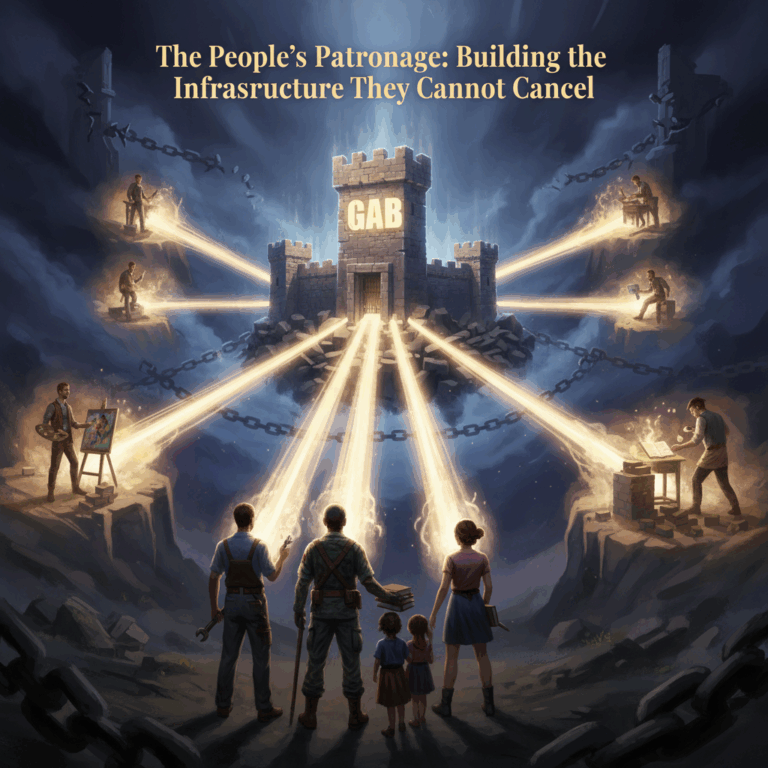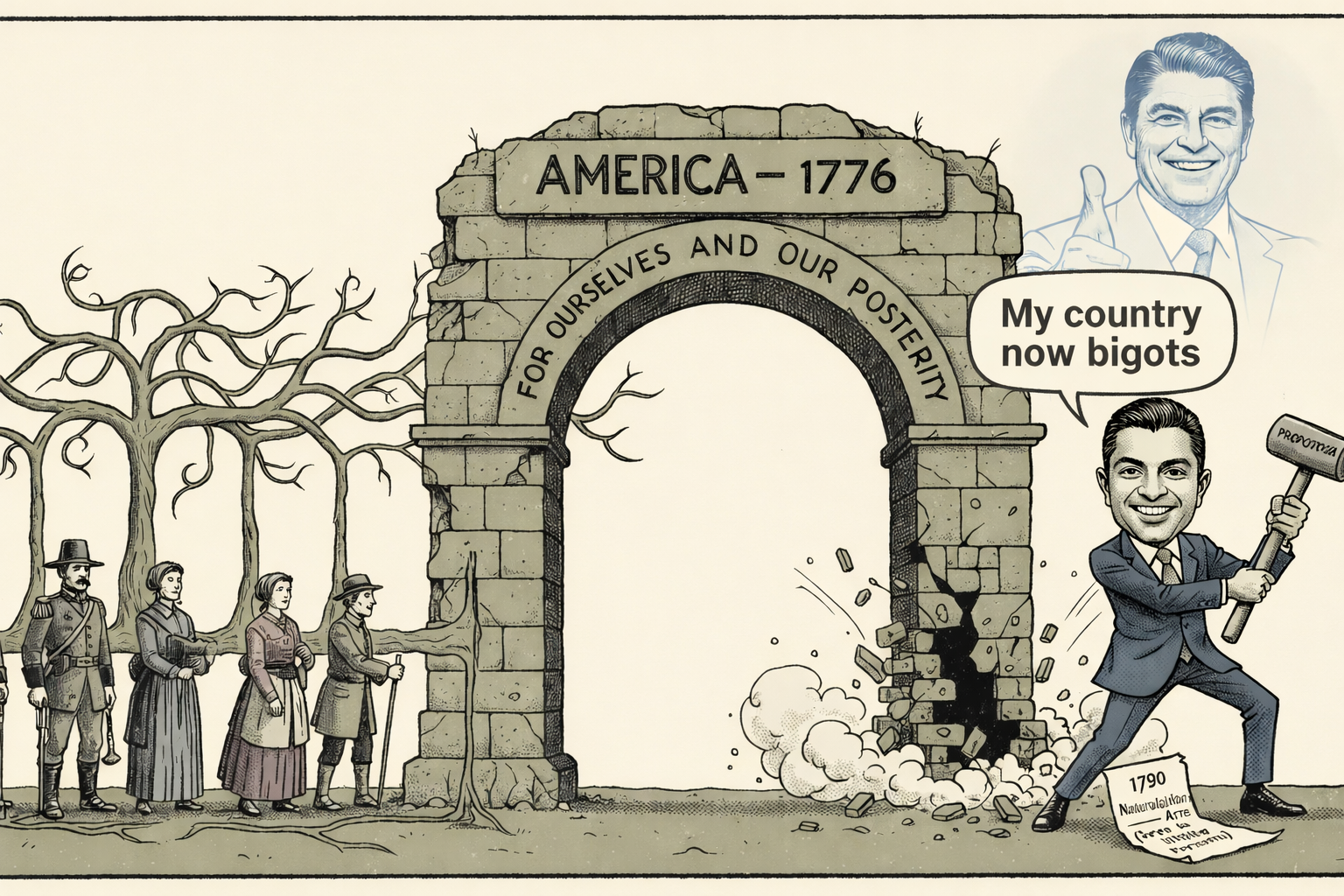The Christian Story Takes Israel’s History and Fulfills It
Introduction
The Day of Pentecost is one of the greatest events in the entire Bible. There is a reason that the church throughout the world has celebrated it yearly for the better part of two thousand years. It is the event that establishes the authority of the church of Jesus Christ, laid on the foundation of the apostles and Christ the chief cornerstone. It is from this event that the army of God goes forth into the new and greater promised land—the entire world—to conquer.
It is not random that the narrative structure of the Book of Acts parallels the conquest of Joshua.—what you must understand is the New Testament deliberately takes the history of Israel and shows that something even greater has come in Jesus Christ.
When the Day of Pentecost had fully come, they were all with one accord in one place. And suddenly there came a sound from heaven, as of a rushing mighty wind, and it filled the whole house where they were sitting. Then there appeared to them divided tongues, as of fire, and one sat upon each of them. And they were all filled with the Holy Spirit and began to speak with other tongues, as the Spirit gave them utterance. And there were dwelling in Jerusalem Jews, devout men, from every nation under heaven. And when this sound occurred, the multitude came together, and were confused, because everyone heard them speak in his own language. Then they were all amazed and marveled, saying to one another, “Look, are not all these who speak Galileans? And how is it that we hear, each in our own language in which we were born? Parthians and Medes and Elamites, those dwelling in Mesopotamia, Judea and Cappadocia, Pontus and Asia, Phrygia and Pamphylia, Egypt and the parts of Libya adjoining Cyrene, visitors from Rome, both Jews and proselytes, Cretans and Arabs—we hear them speaking in our own tongues the wonderful works of God.” So they were all amazed and perplexed, saying to one another, “Whatever could this mean?” Others mocking said, “They are full of new wine.” But Peter, standing up with the eleven, raised his voice and said to them, “Men of Judea and all who dwell in Jerusalem, let this be known to you, and heed my words. For these are not drunk, as you suppose, since it is only the third hour of the day. But this is what was spoken by the prophet Joel: ‘And it shall come to pass in the last days, says God, That I will pour out of My Spirit on all flesh; Your sons and your daughters shall prophesy, Your young men shall see visions, Your old men shall dream dreams. And on My menservants and on My maidservants I will pour out My Spirit in those days; And they shall prophesy. I will show wonders in heaven above And signs in the earth beneath: Blood and fire and vapor of smoke. The sun shall be turned into darkness, And the moon into blood, Before the coming of the great and awesome day of the Lord. And it shall come to pass That whoever calls on the name of the Lord Shall be saved.’ “Men of Israel, hear these words: Jesus of Nazareth, a Man attested by God to you by miracles, wonders, and signs which God did through Him in your midst, as you yourselves also know—Him, being delivered by the determined purpose and foreknowledge of God, you have taken by lawless hands, have crucified, and put to death; whom God raised up, having loosed the pains of death, because it was not possible that He should be held by it. For David says concerning Him: ‘I foresaw the Lord always before my face, For He is at my right hand, that I may not be shaken. Therefore my heart rejoiced, and my tongue was glad; Moreover my flesh also will rest in hope. For You will not leave my soul in Hades, Nor will You allow Your Holy One to see corruption. You have made known to me the ways of life; You will make me full of joy in Your presence.’ “Men and brethren, let me speak freely to you of the patriarch David, that he is both dead and buried, and his tomb is with us to this day. Therefore, being a prophet, and knowing that God had sworn with an oath to him that of the fruit of his body, according to the flesh, He would raise up the Christ to sit on his throne, he, foreseeing this, spoke concerning the resurrection of the Christ, that His soul was not left in Hades, nor did His flesh see corruption. This Jesus God has raised up, of which we are all witnesses. Therefore being exalted to the right hand of God, and having received from the Father the promise of the Holy Spirit, He poured out this which you now see and hear. “For David did not ascend into the heavens, but he says himself: ‘The Lord said to my Lord, “Sit at My right hand, Till I make Your enemies Your footstool.” ’ “Therefore let all the house of Israel know assuredly that God has made this Jesus, whom you crucified, both Lord and Christ.” Now when they heard this, they were cut to the heart, and said to Peter and the rest of the apostles, “Men and brethren, what shall we do?” Then Peter said to them, “Repent, and let every one of you be baptized in the name of Jesus Christ for the remission of sins; and you shall receive the gift of the Holy Spirit. For the promise is to you and to your children, and to all who are afar off, as many as the Lord our God will call.” And with many other words he testified and exhorted them, saying, “Be saved from this perverse generation.” Then those who gladly received his word were baptized; and that day about three thousand souls were added to them. And they continued steadfastly in the apostles’ doctrine and fellowship, in the breaking of bread, and in prayers. Then fear came upon every soul, and many wonders and signs were done through the apostles. Now all who believed were together, and had all things in common, and sold their possessions and goods, and divided them among all, as anyone had need. So continuing daily with one accord in the temple, and breaking bread from house to house, they ate their food with gladness and simplicity of heart, praising God and having favor with all the people. And the Lord added to the church daily those who were being saved.
Acts 2:1-47
The Spirit Falls (v. 1-4)
Pentecost has come and all the apostles are gathered together. It began with a sound from heaven like a mighty wind. In the Gospel of John, Jesus had told them that the Spirit is like the wind, going wherever He wishes, and He first appears to them in this manner. This sound filled the entire room where they were sitting together. Then, tongues of fire divided and sat upon them. This is not the first time fire had fallen from heaven. When the altar on the tabernacle and the temple were lit, God lit them from heaven. As Paul points out in Ephesians, the church is the new temple, made up of human stones, and at Pentecost, God is lighting the altar fire where living sacrifices can be offered.
This altar fire of the new, final temple is the Spirit Himself. And as they received the Spirit, the tongues of fire turned into other tongues, they began to speak in other languages. At Babel, all of mankind had the same language and the same religious confession, that is what same tongue and same lip means there in Genesis. Theirs was an unbelieving religion that sought to dominate the earth and conquer heaven. So God confused their languages and their religious confession and scattered the nations. He gave them over to the heavenly host, to demons they worshiped as gods. Now, Babel is reversed. The confusion of language (and of religious confession) is turned around in the Apostles. Now the Spirit gives them the words to speak and all men can understand them.
The Spirit Begins His Work (v. 5-13)
Jerusalem was filled with Jews from all the nations in the oikoumene, the known world, or the Greco-Roman Empire, and here in acts that is referred to as “every nation under heaven.” There obviously were not Chinese or Aztecs or aborigines from Micronesia. But there were Jews from everywhere that the Babylonians, Persians, Greeks, and Romans had ruled. This multitude had heard the sound from the heavens as well and they marveled and were confused (notice the confusion, much like Babel) because the Apostles were not speaking Greek or Aramaic, they were speaking the local tongues of wherever these men were from. A few of the nations are listed and these are all nations from throughout the oikoumene, starting with the Parthians in the north east and ending with Arabs in the South. The men were amazed at what had happened.
But not everyone. Some men mocked them. They assumed the men were drunk. It is interesting that this is what they assumed. Paul elsewhere contrasts the work of the Spirit with drunkenness. “Do not be filled with much wine, but be filled with the Spirit.” The contrast is interesting because there obviously are some similarities. A man filled with the Spirit will be bold and fiery, something that alcohol also can produce in a man. But rather than disorder, foolishness, and even destruction, the Spirit causes men to be orderly, wise, and to build up.
Peter’s Speech (v. 14-39)
Peter takes the lead and begins to speak. He addresses the men of Judea and residents of Jerusalem. He defends against the charge of drunkenness, pointing out it is 9:00 in the morning. Instead he quotes the prophet Joel, that in the last days, the Spirit would be poured out upon all flesh and your sons and daughters shall prophesy, young men see visions, and old men shall dream dreams.
It is worth noting Joel’s use of “last days” here. When the Bible talks about “last days” it’s not the end of the world as you think of it, but the end of the Old Covenant world. The New World that created out of Noah’s flood to the destruction of Jerusalem and the temple. That world is ending.
It is also interesting what Joel says here that Peter quotes. What are the wonders shown in the heavens on the Day of Pentecost? Blood, fire, vapor of smoke. The sun shall be turned into darkness and the moon into blood, before the coming of the great and awesome day of the Lord. Did that happen on the Day of Pentecost or during the ministry of the apostles? Yes, but not the way you think. The heavens, and in particular, the heavenly host, are the rulers of the old creation that was then in its last days. Pentecost coming means man is being given that job. Spirit-filled men now rule the world. And the lights are going out in the heavens. As the Book of Hebrews makes clear, it’s not angels that rule the world anymore, it is the God-man, Jesus Christ.
And the way of salvation is also made clear to these men. Whomever calls upon the name of the Lord will be saved.
From that text, Peter begins preaching. He now calls them “men of Israel.” Jesus of Nazareth, a man who performed miracles, wonders, and signs that demonstrated His authority with certainty, He was delivered up by the determined purpose and foreknowledge of God. Meaning, everything that happened to Him, God planned, and God was in ultimate control of. You took Him by the hands of lawless men, you crucified Him, and you put Him to death. But God raised Him up from the dead because it was not possible for Him to be held by death.
To prove that, Peter quotes from Psalm 16, “you will not allow your holy one to see corruption.” Peter tells them, that we know David, who wrote that Psalm, did see corruption. You can walk right over there and see his tomb. So who was David talking about there? Himself? No, Jesus! The fruit of David’s body, his Heir. Right there David was talking about the resurrection of Jesus Christ. Jesus was raised up and we are all witnesses of it. And now He is exalted to the right hand of God, and we have received the promise of the Holy Spirit which you now see and hear.
And Peter proves his assertion about the Ascension with another Psalm, Psalm 110. David again is not talking about himself there, but Jesus who sit’s at God’s right hand until He makes His enemies His footstool. Therefore, you now know that this Jesus is both the King of Heaven and Earth and the Anointed Deliverer you have been waiting for.
Those listening were convicted, they were cut to the heart. Yes, we did kill Jesus. You can imagine their fear and guilt they must have felt. We killed Jesus now what on earth can we do but expect God’s wrath to fall upon us for it? They ask Peter as much. And he tells them glorious news. Repent and be baptized for the remission of sins in the name of Jesus and you will receive this same gift of the Spirit we have. And he tells them that this promise is not just for you but also for the next generation and the next, and not just for them but for all the peoples of the world.
That is all we have recorded of Peter’s sermon, but Luke tells us there was much more. Included in that was the exhortation to be saved from this perverse generation. That language is not an accident. It is the exact same language Jesus used repeatedly in the gospels. This generation in Israel was incredibly corrupt and evil. And at the end of it, they would be destroyed. Jesus had promised this. Peter is echoing the promised condemnation and giving them the way out. And Peter’s preaching did not fall on deaf ears. Three thousand believed and were baptized that day. They all continued in the apostles’ teaching and fellowship. They worshiped, celebrating the Lord’s Supper, and they offered up their prayers together.
Then we are told that fear came upon every soul, at the signs and wonders now being done by the Apostles. And they were all together, held all things in common, and sold their possessions to provide for each other. It is this verse than many foolish and evil people will say “see, the early church practiced communism, so should we!” This could not be further from the truth. Jesus had spoken openly that Jerusalem would be destroyed within that generation. What the church was doing here was simply believing Him and putting that faith into action. Even more than that, they were plundering the unbelieving. If they sold all their land and property at a steep discount. Say 40% off its value, the unbelieving thought they were getting a steal. But if you knew that the value would soon be zero, you are the one getting the steal. And when the army of Israel plundered Canaan, what did they do with the loot? They dedicated it to the tabernacle. What is the tabernacle now? It is the living stones mentioned before. It is the church. This is not a proto-socialist community, it is a conquering army living off their plundered enemies. This is important to remember when we get to Ananias and Sapphira.
It is also important to see that in verse 46, even though the New Covenant has begun, the Old Covenant remained standing for now. They still went into the temple, even as they worshiped at the new and greater temple, the church and offered a new and greater passover feast, the Lord’s Supper. And the result of the Spirit’s work is that the city was progressively conquered more and more, the church was being added to daily.
Conclusion
You should remember the comparison to the Book of Joshua from chapter one. It becomes even more clear this week. What is the comparison here to Joshua’s conquest? Where do we see the echoes of Joshua here? Jesus called the coming of the Holy Spirit a baptism. When Israel crossed the Jordan, this too, was a baptism, just as crossing the Red Sea was. Paul explicitly calls it a baptism even though no one got wet. The crossing through the water is what makes it a baptism. Going from one side to the other. Here a similar event takes place. They were not allowed just yet to go into the Land. Now they are. What is happening at Pentecost is the apostles leading the church from the old world into the new one just as Joshua led Israel from their old world into a new one.
And what does Rahab tell the spies? That everyone was terrified of Israel. They had heard what they had done to Og and Sihon. They knew they were coming for Jericho. Everyone is afraid of them. What are we told about the people of Jerusalem? That the people are filled with fear over the signs and wonders of the Apostles. Jerusalem is the Jericho that is going to fall. It is the first city of a much larger conquest.
And this conquest does not come through literal, physical death. It comes from something much greater than that. Men are killed spiritually and raised to newness of life. We often think of contrasting spiritual with physical as “less real.” But the reality is that it is much more real. You can kill a man and he’s simply dead. It is much greater to kill the inward man and raise him to life. You are doing something much more profound than hacking him to death with a sword or spear. You are conquering a man fully and completely and not just with his flesh. Spiritual conquest here is not synonymous with “virtual.” It is the deepest and most meaningful conquest imaginable.
This is the same operation we are tasked with. When we see Pentecost, we don’t see something that happened a long time ago to other people. No, this is your heritage. This is your people. You have crossed over the Jordan into Canaan with this army to take the land. The Holy Spirit is at work in you. He is leading you to take this new land of promise and bring it into submission. And just like the church the weapons of your warfare are not sword and spear or rifle. They are not less than those but far more powerful. The sword of God’s Word and the fire of the Holy Spirit is far greater than carnal weapons because they kill men and make them alive.
So the charge to you is to recognize the warfare you are called to. You are called to be a Spirit-filled army that brings the dead to life. The life of the Christian is not to go be good little boys and girls. The life of the Christian is warfare. It is to bring God’s word to every square inch of the planet and to proclaim that Jesus Christ is the rightful king. It is to put sin to death by repentance and faith. And to be taken by the Spirit, to do His work, and watch as He adds to the number being saved. In the Name of the Father, the Son, and the Holy Spirit. Amen!

Andrew Isker is the pastor of 4th Street Evangelical Church in Waseca, MN. He is a graduate of Minnesota State University and Greyfriar’s Hall Ministerial Training School, and he has served churches in Missouri, West Virginia, and Minnesota. He is the author (with Andrew Torba) of Christian Nationalism, and the author of the forthcoming book, The Boniface Option. Andrew, his wife Kara, and their five children reside in his hometown of Waseca, MN. He can be found on Gab @BonifaceOption.





